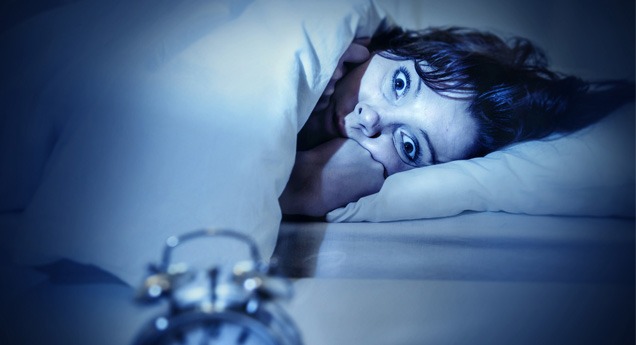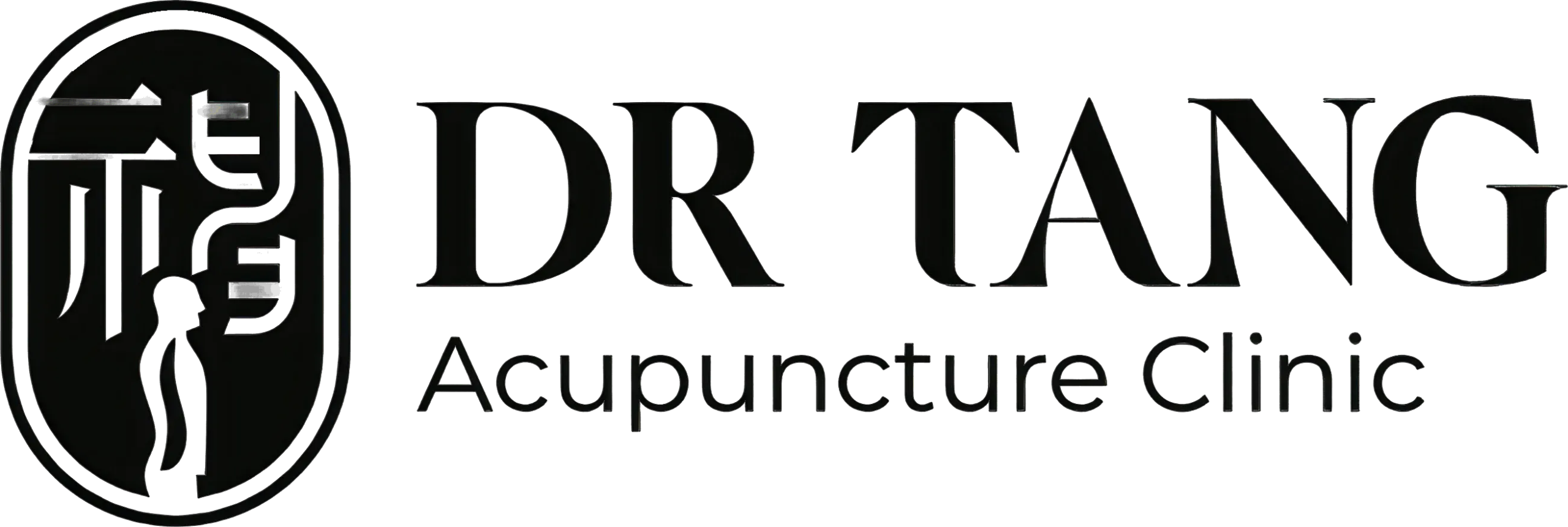Insomnia treatment in Dubai
Struggling with sleepless nights? Our specialized insomnia treatment in Dubai is designed to address common sleep difficulties such as trouble falling asleep, staying asleep, or waking up too early, helping patients restore energy, focus, and balance in daily life.
Insomnia is one of the most common sleep disorders, disrupting your ability to get proper rest. People suffering from insomnia often wake up feeling tired, drained, and inactive, which negatively affects their mood, productivity, and overall quality of life.
At Beijing Acupuncture Dubai, we provide advanced insomnia treatment in Dubai using the safe and effective methods of Traditional Chinese Medicine (TCM). Dr. Tang specializes in acupuncture for sleep disorders, helping patients calm the mind, restore balance, and achieve deeper, uninterrupted sleep.
If you are tired of restless nights and waking up exhausted, our tailored insomnia treatment can help you regain restful sleep and improve your overall well-being.
Insomnia treatment in Dubai

Forms of Insomnia
There are four main types of MS. These categories help healthcare providers describe symptom patterns rather than indicating completely separate diseases:
1. Acute or Short-Term Insomnia
- Often caused by ongoing stress or tension, this type usually improves once the stressful situation resolves or the person adapts.
2. Chronic Insomnia
- Chronic insomnia is commonly linked to underlying medical conditions or organic diseases.
3. Insomnia Due to Medications
- Certain medicines may interfere with sleep, including antidepressants, medicines for heart disease, high blood pressure, allergies, and stimulants. Caffeine-containing beverages are also well-known stimulants that can worsen insomnia.
4. Insomnia Due to Psychiatric Problems
- Psychological stress, anxiety, or rapid lifestyle changes can negatively affect sleep. This does not mean the patient is mentally ill, but psychological pressure can often lead to insomnia.
5. Insomnia Associated with Other Sleep Disorders
- Insomnia may be linked to conditions such as restless legs syndrome (RLS), periodic limb movement disorder (PLMD), sleep apnoea, and circadian rhythm sleep disorders.
6. Primary Insomnia
- When other causes are ruled out or treated, persistent difficulty with sleep may be classified as primary insomnia.
Prevalence of Insomnia
- About 30–40% of adults experience some level of insomnia within any given year.
- Around 10–15% of adults suffer from chronic and/or severe insomnia.
- Nearly one-third of patients in primary care experience occasional sleep difficulties, while about 10% face long-term sleep problems.
- Insomnia becomes more common with age and is more frequently reported in women.
Causes of Insomnia
Insomnia can appear as a primary condition or may be linked to other medical issues. Common causes include:
- Stressful situations
- Aging
- Poor sleep habits
- Eating too much before bedtime
- Side effects of certain medications
- Caffeine and drug abuse
How Acupuncture Works for Insomnia
At Total Body, we treat insomnia by addressing its root cause—whether it stems from pain, stress, or other underlying factors. Each session begins with a detailed discussion of your medical history, lifestyle, diet, and sleep patterns. This helps us identify what may be contributing to your sleep difficulties.
A skilled acupuncturist will then insert 5 to 20 fine, sterilized needles at common acupuncture points for sleep, such as the arms, legs, and feet. After the needles are placed, you’ll relax for about 30 minutes. Your first visit may last up to 90 minutes, while follow-up sessions usually take 45 to 60 minutes.
For temporary insomnia, we typically recommend 2 to 3 sessions per week for about 10 sessions.
For chronic insomnia, ongoing care may be required to achieve lasting results.
After completing a course of treatment, we reassess your progress to decide if you’re ready for a maintenance plan. This usually involves continued acupuncture sessions tailored to your needs, along with simple lifestyle adjustments that support better sleep.
Many patients notice improvement after their very first session, while deeper, long-term benefits often appear after 3 to 4 sessions. Depending on the severity of your condition, follow-up visits may be scheduled weekly, biweekly, or monthly. Acupuncture naturally creates a sense of calm and relaxation, leaving you more focused, creative, and less stressed.
In Traditional Chinese Medicine (TCM), insomnia is understood as a symptom of imbalance in the body’s vital substances—Qi (life energy), Blood, Yin, Yang, and Spirit—or in major organ systems such as the Heart, Liver, Spleen, Lungs, and Kidneys. Imbalances in the Heart or Liver are most often linked to sleep problems. For instance, a Liver Fire pattern can cause irritability, a red complexion, dry stools, and dark urine, while a Spleen/Heart deficiency may lead to fatigue, excessive worrying, poor concentration, forgetfulness, and restless sleep.
In TCM, the most common types of insomnia are: dream-disturbed sleep, difficulty falling asleep, waking up easily, and waking up at a specific time every night.
There is a lot of space devoted to insomnia in classical Chinese medicine textbooks. Several different types of insomnia are noted, and the differences point to different origins of the problem. The common types of insomnia are as follows:
Dream-disturbed sleep: Nightmares normally indicate a disorder of the Gall Bladder meridian. Dreams in which we go over and over the same ground, walking in a maze, or reliving aspects of our jobs or our relationships are generally due to a Spleen/Heart imbalance. People with this problem often say, “I can’t shut my mind off.
Five Acupuncture Points for Sleep
Specific acupuncture points correspond with different parts of the body — and sometimes the placement may seem unrelated to the area being treated. However, there are five main acupuncture points for insomnia located in the arms, legs, and head that can help you sleep better:
1. HT7 (Spirit Gate)
This acupuncture point for sleep is located at the crease on the inside of the wrist, just below the pinkie. Stimulating this area quiets the mind, helping you fall asleep faster and reducing stress-related disturbances for better-quality rest.
2. SP6 (Three Yin Intersection)
SP6 is located on the inner leg, just above the ankle. To find it, locate the highest point of your ankle and measure four finger-widths upward. This point promotes relaxation and can improve sleep. It may also help with menstrual cramps and other pelvic disorders.
Pregnant women should avoid this pressure point, as it can induce labor.
3. LV3 (Tai Chong)
LV3 is found where the skin between the big toe and second toe meets. Stimulating this area can ease insomnia, particularly when caused by stress, anxiety, or unknown factors.
4. An Mian
Translated as “peaceful sleep,” this point is located behind the ears on either side of the neck, just beyond the bony protrusion. Stimulating An Mian encourages full-body relaxation and may also relieve anxiety and headaches that interfere with restful sleep.
5. Yin Tang
One of the most well-known points for insomnia, Yin Tang is located between the eyebrows, just above the nose. This point helps reduce restlessness and agitation while also easing tension in the neck, shoulders, and face.
Acupuncturists may also stimulate points on the soles and heels of the feet to create a grounding effect and enhance sleep quality. You can even practice acupressure at home by gently applying pressure or massaging these points in circular motions before bedtime.
Benefits of Acupuncture for Insomnia
At night, your body heals and restores itself from the stress of the day. Quality sleep is therefore essential for both mental and physical well-being. Whether you struggle with occasional sleeplessness or chronic insomnia, acupuncture can improve sleep quality and duration in the following ways:
1. Lowers Stress and Anxiety
High cortisol levels (the stress hormone) can disrupt sleep and leave you feeling unrefreshed. Acupuncture helps reset cortisol levels, quiets the mind, and promotes the release of serotonin — a feel-good hormone — reducing stress that may keep you awake.
2. Stimulates and Balances Hormones
Acupuncture boosts the release of melatonin, the hormone that signals your body it’s time to sleep. Many people with insomnia either don’t produce enough melatonin or don’t release it early enough. Acupuncture helps regulate this cycle for a more consistent sleep schedule.
3. Decreases Pain
Chronic pain often makes it difficult to sleep. Acupuncture reduces inflammation and eases discomfort in joints and muscles, making restful sleep possible — sometimes as soon as the first session.
4. Promotes Relaxation
Acupuncture calms the sympathetic nervous system (responsible for the “fight-or-flight” response), lowering heart rate and blood pressure while inducing deep relaxation. Pairing acupuncture with massage therapy may further enhance these effects, and some patients even fall asleep during treatment.
5. Improves Blood Circulation
Better circulation delivers more oxygen throughout the body, particularly to areas that promote rest and relaxation. This supports the body in reaching a calm state conducive to sleep.
Misconceptions About Sleep
The average person needs four to nine hours of good-quality sleep every 24 hours, but the exact number of hours varies from person to person.
Many people believe they must get exactly eight hours of sleep each night and that sleeping more hours automatically means better health. However, this is not entirely true. For example, if you sleep for only five hours but wake up feeling energetic and active the next day, it does not necessarily mean you have a sleep disorder.
Another common misconception is blaming poor performance or failures in daily tasks solely on a lack of sleep. This belief often creates unnecessary stress and leads people to over-focus on getting more hours of sleep. Ironically, this excessive focus can make it harder to relax at night, often resulting in insomnia.
Schedule Your Acupuncture Appointment Today
Are you ready to finally experience deep, restful sleep? Acupuncture for better sleep may be the answer. At Beijing Acupuncture Dubai, Dr. Tang is here to help. Schedule your appointment today and take the first step toward sleeping better tonight!
